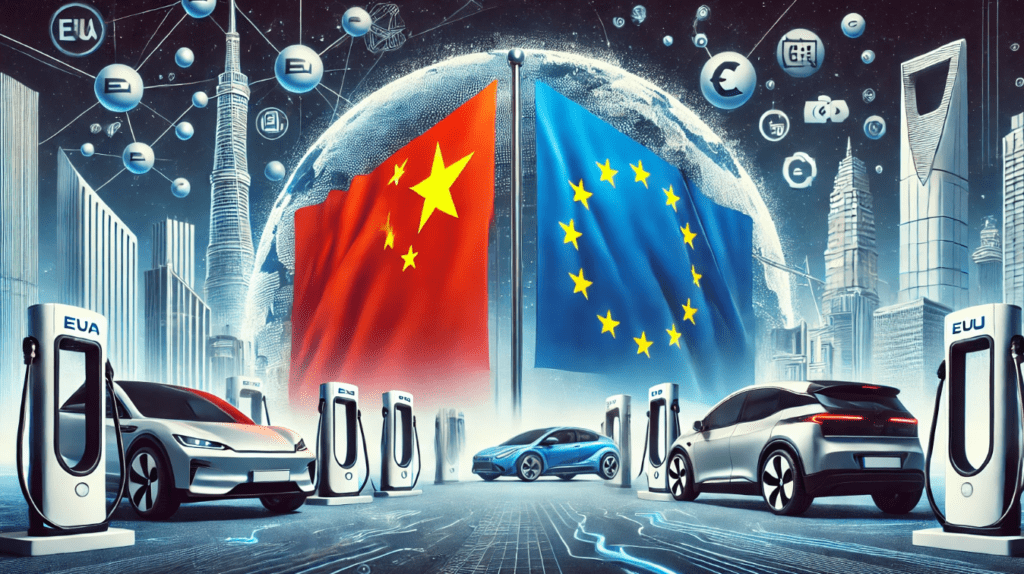China, a key member of the BRICS alliance, has issued a stern warning to the European Union (EU) regarding the potential for a trade war. The tensions have arisen due to the EU’s proposed tariffs on Chinese electric vehicles (EVs), which China deems excessive.
Details of the Conflict
The European Union has proposed imposing hefty duties on Chinese imports of electric vehicles. Beijing has criticized these measures, claiming that the duties are overly burdensome and that Chinese EVs require subsidies instead of tariffs to foster fair trade.
“The European side continues to escalate trade frictions and could trigger a trade war,” said a spokesperson for China’s commerce ministry. “The responsibility lies entirely with the European side.”
Background and Implications
This warning from China coincides with a visit from Germany’s Economy Minister, Robert Habeck, who is in China for a three-day diplomatic mission. The timing underscores the escalating tensions between China and the EU, which could have significant ramifications for global trade dynamics.
China’s firm stance indicates a readiness to employ retaliatory measures if the EU proceeds with its tariff plans. This potential trade war could have wide-ranging effects, disrupting supply chains and affecting global markets.
The Role of BRICS
China’s position is further strengthened by its association with BRICS, an economic bloc that also includes Brazil, Russia, India, and South Africa. The BRICS nations are increasingly positioning themselves as a counterbalance to Western economic alliances, including the EU and the US.
The Chinese commerce ministry emphasized that neither China nor BRICS will be “intimidated and coerced” by the EU. This statement reflects a broader strategy among BRICS nations to assert their influence and resist Western economic pressures.
Broader Context
This development is part of a larger pattern of economic friction between China and major Western economies. The US has already engaged in a prolonged trade war with China, and now similar tensions are emerging between China and the EU. These conflicts are likely to impact global trade policies and international economic relations for years to come.
The potential trade war between China and the European Union over EV tariffs is a critical development in global trade. With China and the BRICS alliance poised to retaliate, the situation underscores the fragile state of international economic relations. The outcome of these tensions will be pivotal in shaping the future landscape of global commerce.












